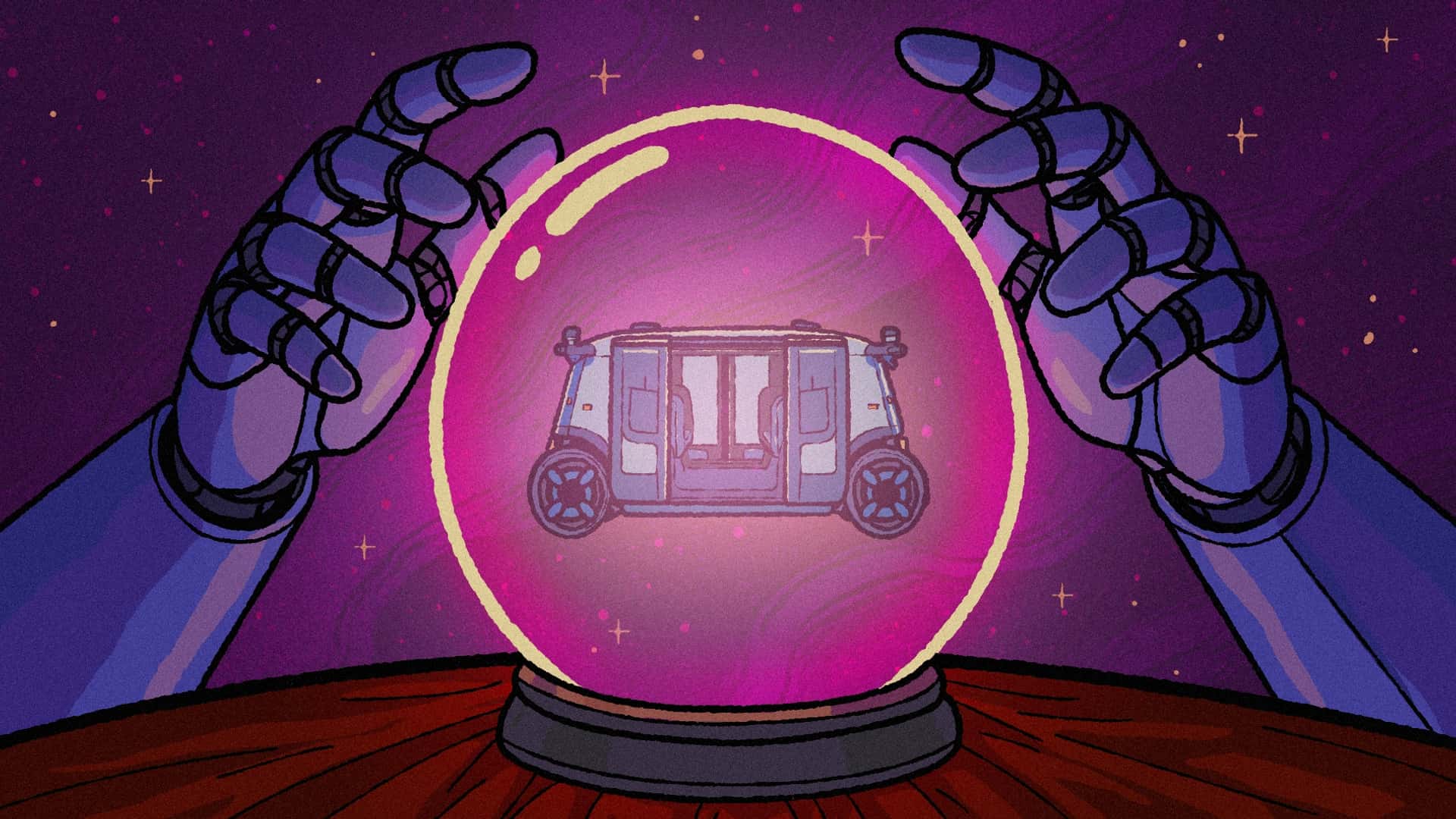
""Well, that didn't take long." It's something I find myself saying often these days as more and more automakers in the United States dial back their once-ambitious electric vehicle goals. Now that the Trump administration has prematurely ended the EV tax credits, killed any sort of fuel economy rules that were once driving more electrified vehicles and declared war on California's ability to regulate pollution, a burden on these car companies has been lifted."
"They no longer have to make the cars they didn't want to make in the first place. You know, the ones they barely even marketed. And things like home EV chargers or public plugs? That was somebody else's problem. Back to doing what they've always done: selling gas-powered trucks and SUVs. In recent months, we've seen Stellantis " flex hard into ICE production," Nissan delay new U.S.-made EVs and Honda slash its electrification investments, just to give a few examples."
""If you're a legacy manufacturer, I think a lot of them would, if they're really being honest with themselves, would like the good old days of we can sell... V8 [cars], and that's a nice, profitable business," Scaringe said on last week's InsideEVs Plugged-In Podcast. At least, it has been in years past and could be right now, Scaringe said. But what about tomorrow? "You're absolutely, undoubtedly, not up for debate, mortgaging the future of the business to pay for today," Scaringe said."
US automakers are rolling back electric vehicle plans after federal policy changes removed EV tax credits, weakened fuel-economy rules, and curtailed California's regulatory power. Many manufacturers are reverting to selling gas-powered trucks and SUVs, cutting electrification investment, delaying U.S.-made EV models, and under-prioritizing charging infrastructure. Automakers frequently cite consumer demand for the pullback even when products received limited marketing. Rivian and its CEO RJ Scaringe argue that sacrificing long-term electrification for short-term profits mortgages the future of the business, and that companies investing now in EV technology will better protect long-term viability.
Read at InsideEVs
Unable to calculate read time
Collection
[
|
...
]